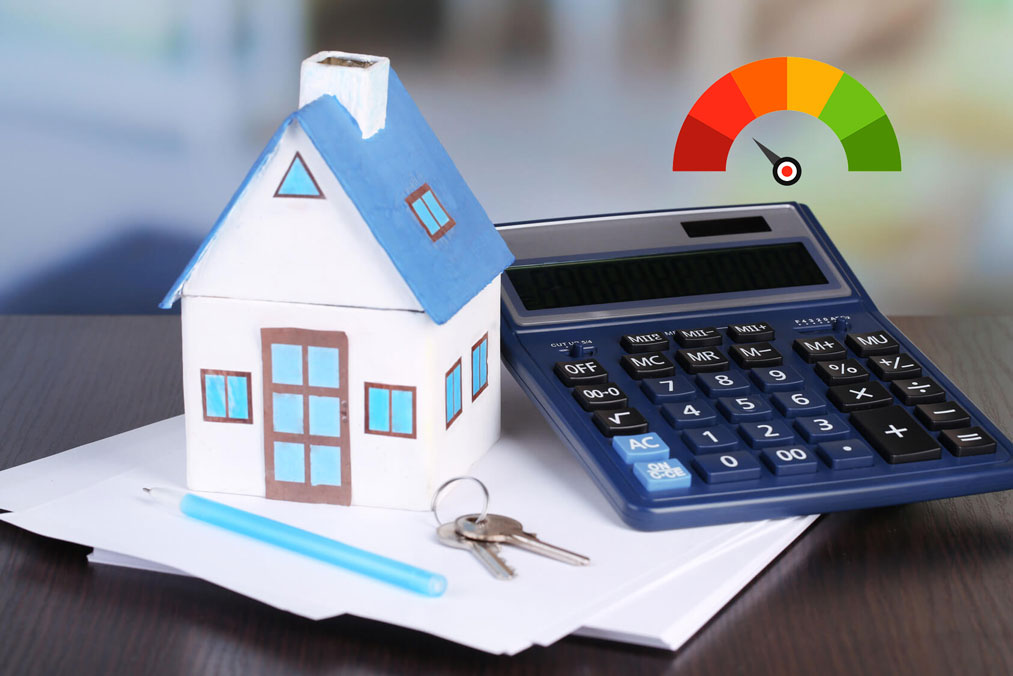Getting a mortgage is a significant accomplishment for you and your credit. Building and maintaining the credit required to obtain a mortgage is a great start. Managing a mortgage responsibly indicates your capacity to handle various forms of credit, make on-time loan payments, and maintain a sizable, long-term account—all of which can gradually improve your credit score. However, taking out a mortgage might affect your credit temporarily until you prove the ability to pay back the loan.
Immediately after the mortgage, your credit score might create some difficulty to buy other loans. This happens due to the hard credit check that the lenders pull on you when you go for buying a mortgage. As a mortgage is a pinnacle of consumer credit, i.e., the largest loan that most consumers will ever have, therefore, your score goes down until you prove that you have the ability to pay back the loan—and that you will actually make the payments you promised.
To get ahead of this temporary downfall, one should be regular on their payment and try not to fall back on any of them. Do not sign up for any such services that say raise your credit score fast. Simply make your mortgage payments—and all other payments, for that matter—on time. As you prove that you’re a responsible borrower, your score will naturally rise.
The debt you incur to purchase a home is seen as responsible debt as long as you pay your mortgage on time each and every time. Additionally, avoid making any other significant purchases within six months of taking on a mortgage because doing so would probably cause your credit score to decline. Your credit score should quickly rise again if you have a history of responsibly paying your mortgage and other debts.

